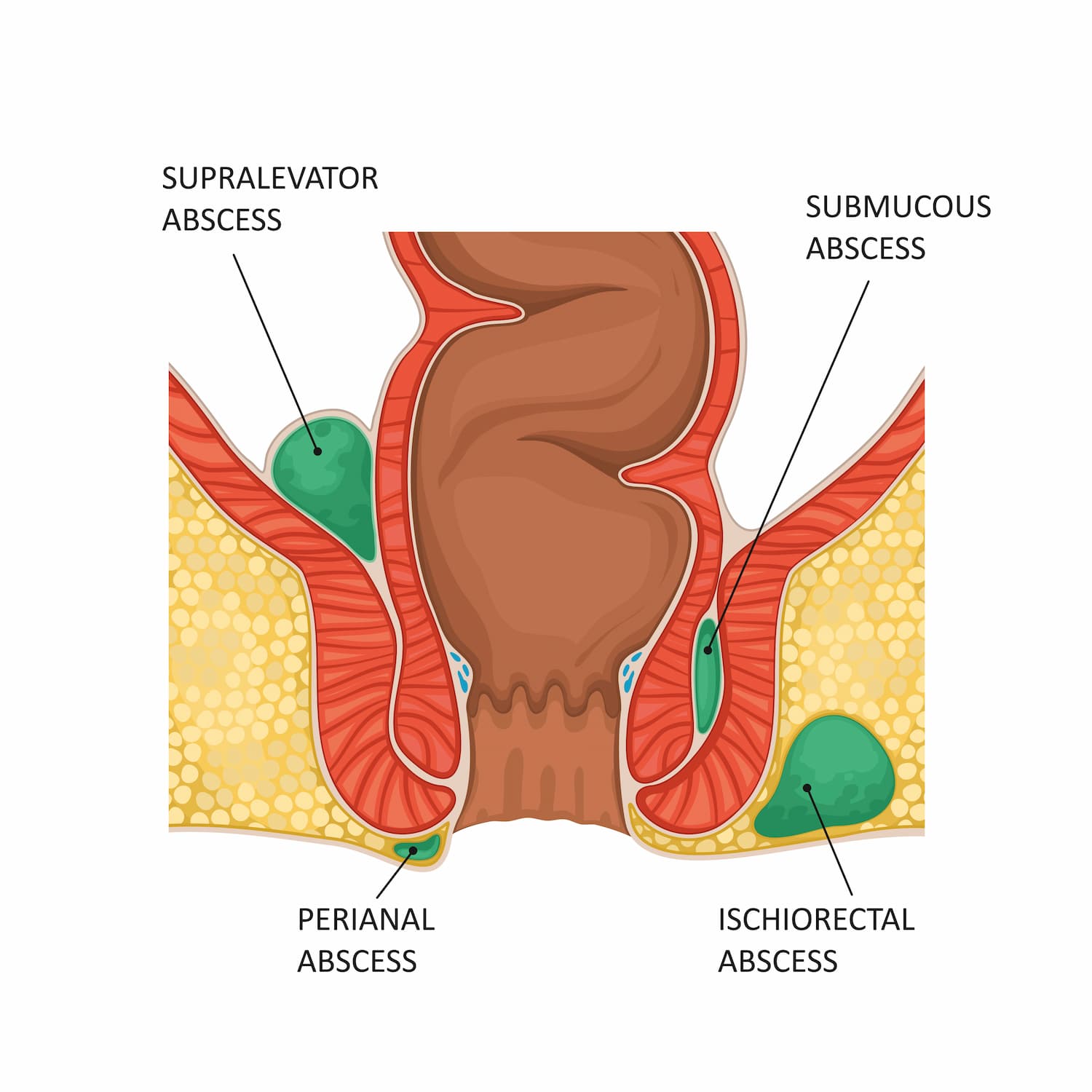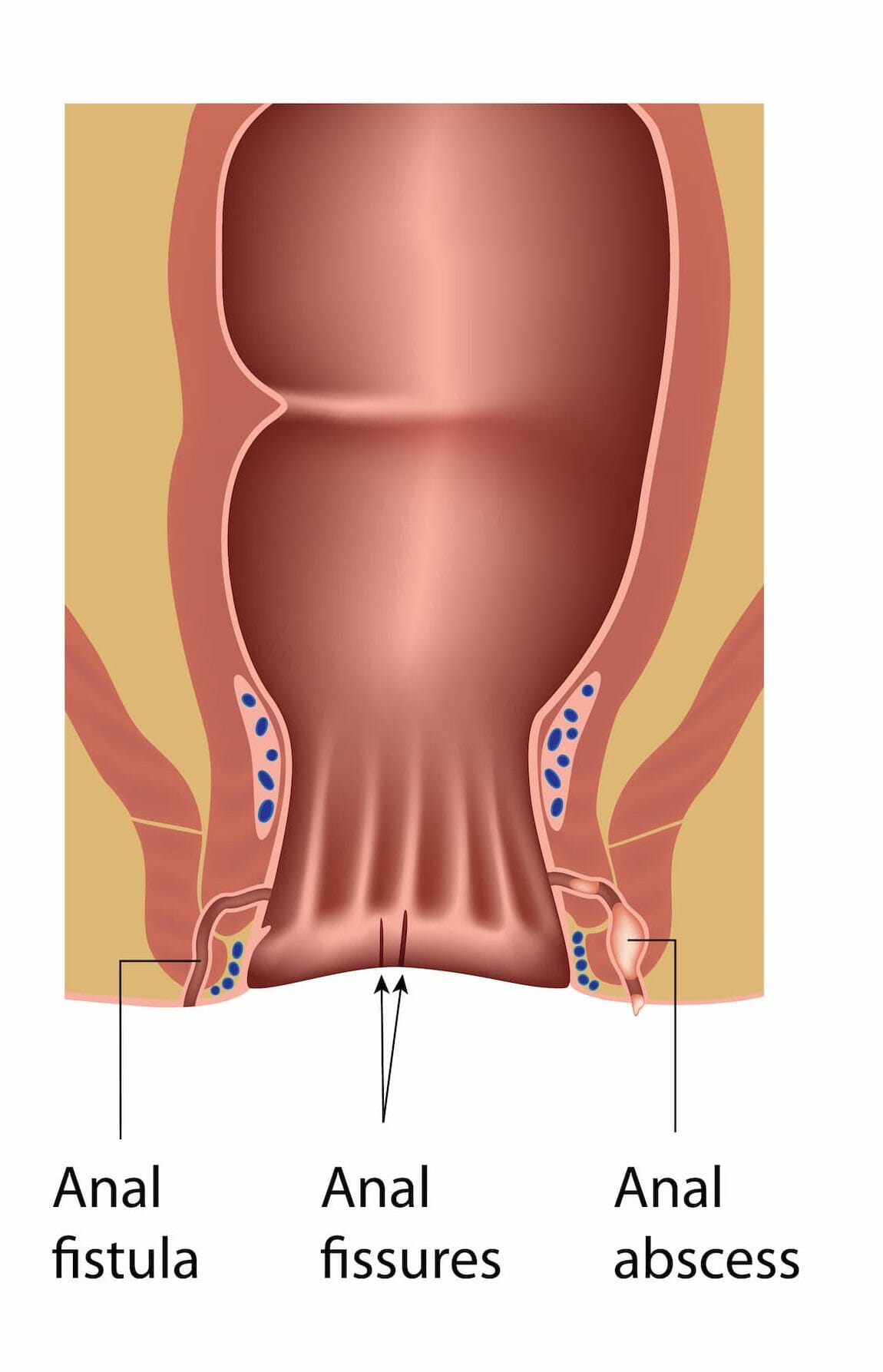“I was so pleased knowing I was in safe hands.”
Mr Peravali showed me great respect and impressed me right from my first appointment gaining my full trust. I was so pleased knowing I was in safe hands. His knowledge and reputation in what he does is superb. I very much appreciated Mr Peravali visiting me the very next morning after the operation to check and ensure everything was ok. The information he provided me about before, during and after the operation was great and very useful. I thank sincerely Mr Peravali for taking good care of me.
Mr Peravali was extremely professional whilst being approachable to ask any questions about the operation and recovery. His supporting team made me feel like I was in safe hands, again exchanges of conversations between us made me very relaxed.
“I cannot fault the care I received”
I would like to take this opportunity to thank you and your team for the care and kindness you showed me before during and after my prolapse operation. I cannot fault the care I received and I hope you carry on providing this high level of care to your patients.
Mrs. F.A
"I have no hesitation in recommending your skills to other people"
You carried out an operation for my abdominal hernias at Spire Little Aston Hospital.
I wish to express my thanks to you and your staff for the high standard of clinical and patient care I received. The pain and discomfort from the hernias have gone and I now feel so much better after the operation.
Thank you so much and I have no hesitation in recommending your skills to other people with similar problems.
Mr. B.B.
"The care I received was first class"
Just a short note to thank you and your team for the treatment and care you gave me during and after my cancer operation.
After first meeting you, both my wife and myself had total confidence in you. What really impressed us was the aftercare you and your team provided.
The care I received was first class and I witnessed first-hand how dedicated you and your team are to your patients.
Mr. L.D. & Mrs. T.D.
"We really appreciated your honest and comforting approach"
I would like to say a big thank you to you for my mom’s treatment. We really appreciated your honest and comforting approach and support – sometimes with not good news but always with a smile, a plan and complete reassurance that in your hands my mom would be ok.
We particularly welcomed your well needed lightness and laughter. On the day of the surgery you took time to talk to my mom as well as myself and my sister which really helped us all. My mom has made a fantastic recovery and is better than ever – thank you once again and we will be for ever indebted to you.
Mrs. M.K.
"Excellent outcome"
We are writing to say how pleased we are with Dr Rajeev Peravali who saved my mum’s life in March when she was admitted to Hospital with severe abdominal pain. She had an ileostomy at the time. He subsequently reversed her ileostomy and has had an excellent outcome once again thanks to Dr Peravali.
Mrs. A.S. & family
"Helped me a great deal"
I would like to take this opportunity to thank you and your team for the surgery you performed to remove a cancer from my colon.
I would also like to thank you for the time and information you gave me throughout and after the procedure, I found that helped me a great deal.
Mr. R.U.
"The work you do is outstanding"
I would like to say a huge thank you to you and your team for the specialist care you gave throughout my operation. The work you do is outstanding and I will be forever grateful for what you have done for me.
Mr. D.W.
"I will never be able to thank you enough"
I am writing to express my gratitude for the treatment I received at your hands. Everyone was so wonderful. The day I was admitted to hospital was one of the toughest times in my life. The personal attention and kindness shown by you, coupled by the caring attitude of the hospital staff helped me overcome my fears about surgery.
I want you to know that you are doing a wonderful job and I will never be able to thank you enough. The support and advice I received from you before undergoing the surgery was crucial in my speedy recovery. I will recommend you not just as a doctor but also as a great human being who is a good listener with lots of patience with a caring attitude.
Mr. I.W.
"Very very pleased thank you."
I felt very relaxed and confident with Mr Peravali’s explanation of the procedure to take place. After the procedure I am really pleased with the outcome .could not have been better no pain no inflammation. Very very pleased thank you.
"Was easy to speak to and be empathetic."
Mr Peravali was very approachable made me feel at ease, wanted to help with my pain and felt he meant it. Was easy to speak to and be empathetic. Had been putting off seeing anyone but if I had known what the consultant was like I would have gone sooner.
"Very efficient and gave me a lot of confidence about the operation"
Wearing hearing aids makes life a bit more complicated , Mr Peravali was very patient with me and made sure I understood everything . Very efficient and gave me a lot of confidence about the operation . Also found time to pass a few pleasant remarks .
My consultant shows that he's competent and is experienced in what he does. I think he was being thorough with the procedure to make sure I was in the clear. Thanks again to Mr Peravali
The consultant was very good. He came to talk me through the procedure before hand and asked if I had any questions. He also came after the procedure and told me how it went again asking if I had any questions. He also explained how my recovery should go. Thank you Mr Peravali


